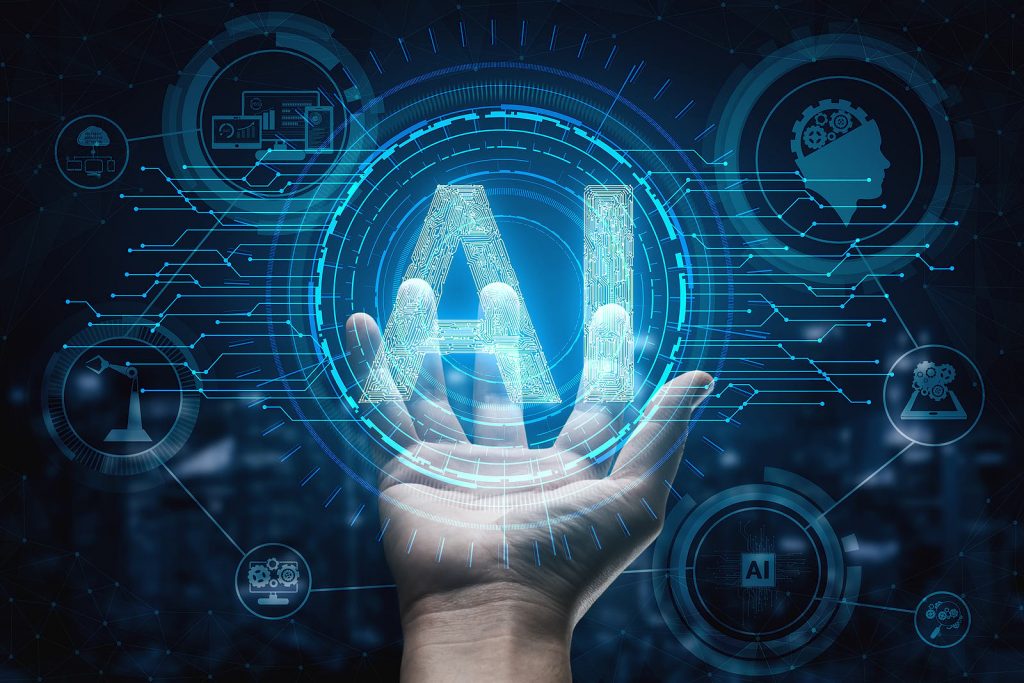Artificial Intelligence (AI) continues to push the boundaries of innovation, revolutionizing various industries and transforming the way we live and work. In recent tech news, significant advancements in AI have caught the attention of experts and enthusiasts alike. From breakthroughs in natural language processing to impressive developments in computer vision, AI is making remarkable strides. In this article, we will explore the latest tech news surrounding AI, highlighting its potential applications, ethical considerations, and its impact on everyday life.
1. Natural Language Processing (NLP) Breakthroughs:
One of the most remarkable recent developments in AI is the advancements in natural language processing. NLP enables machines to understand and interpret human language, revolutionizing virtual assistants, chatbots, and language translation services. Researchers have made significant progress in improving language models, allowing for more accurate and context-aware responses. These advancements have the potential to enhance communication between humans and machines, streamlining customer service, and simplifying information retrieval processes.
2. Computer Vision Innovations:
Computer vision, a field of AI that focuses on enabling machines to “see” and interpret visual data, has witnessed notable advancements in recent times. Object detection and recognition algorithms have become more accurate and efficient, enabling applications in autonomous vehicles, surveillance systems, and facial recognition technology. The development of deep learning models and the availability of large-scale datasets have played a crucial role in enhancing computer vision capabilities, opening new possibilities for industries ranging from healthcare to retail.
3. AI in Healthcare:
AI’s impact on the healthcare industry is gaining significant attention. With the ability to analyze vast amounts of medical data, AI-powered systems can assist in diagnosing diseases, predicting patient outcomes, and facilitating personalized treatment plans. Machine learning algorithms can identify patterns and correlations in medical data, enabling early detection of diseases and suggesting tailored treatment options. AI-powered technologies also hold promise in improving medical imaging analysis, drug discovery processes, and remote patient monitoring.
4. Ethical Considerations in AI:
As AI continues to advance, ethical considerations surrounding its use have come to the forefront. Issues such as bias in AI algorithms, data privacy concerns, and the potential displacement of certain job roles raise important questions. Addressing these ethical considerations requires a collaborative effort from policymakers, industry leaders, and researchers to ensure AI technologies are developed and deployed responsibly. Striking a balance between innovation and ensuring fairness, transparency, and accountability in AI systems is crucial for their widespread acceptance and beneficial impact.
5. AI in Smart Homes and IoT:
The integration of AI in smart homes and the Internet of Things (IoT) ecosystem is transforming the way we interact with our living spaces. AI-powered virtual assistants, such as Amazon’s Alexa and Google Assistant, have become commonplace, allowing users to control various aspects of their homes through voice commands. Machine learning algorithms enable these virtual assistants to learn user preferences, anticipate needs, and provide personalized recommendations. AI’s presence in smart home devices and IoT infrastructure is enhancing convenience, energy efficiency, and home security.
Conclusion:
The recent advancements in artificial intelligence are revolutionizing various aspects of our lives, from communication to healthcare and beyond. Breakthroughs in natural language processing and computer vision are enabling machines to understand and interpret human language and visual data like never before. The ethical implications of AI’s rapid progress are receiving increasing attention, emphasizing the need for responsible development and deployment. As AI continues to evolve, its integration into smart homes and IoT infrastructure is creating more connected and intelligent living environments. The future holds great promise for AI, and its transformative potential will undoubtedly shape the way we live, work, and interact with technology.


